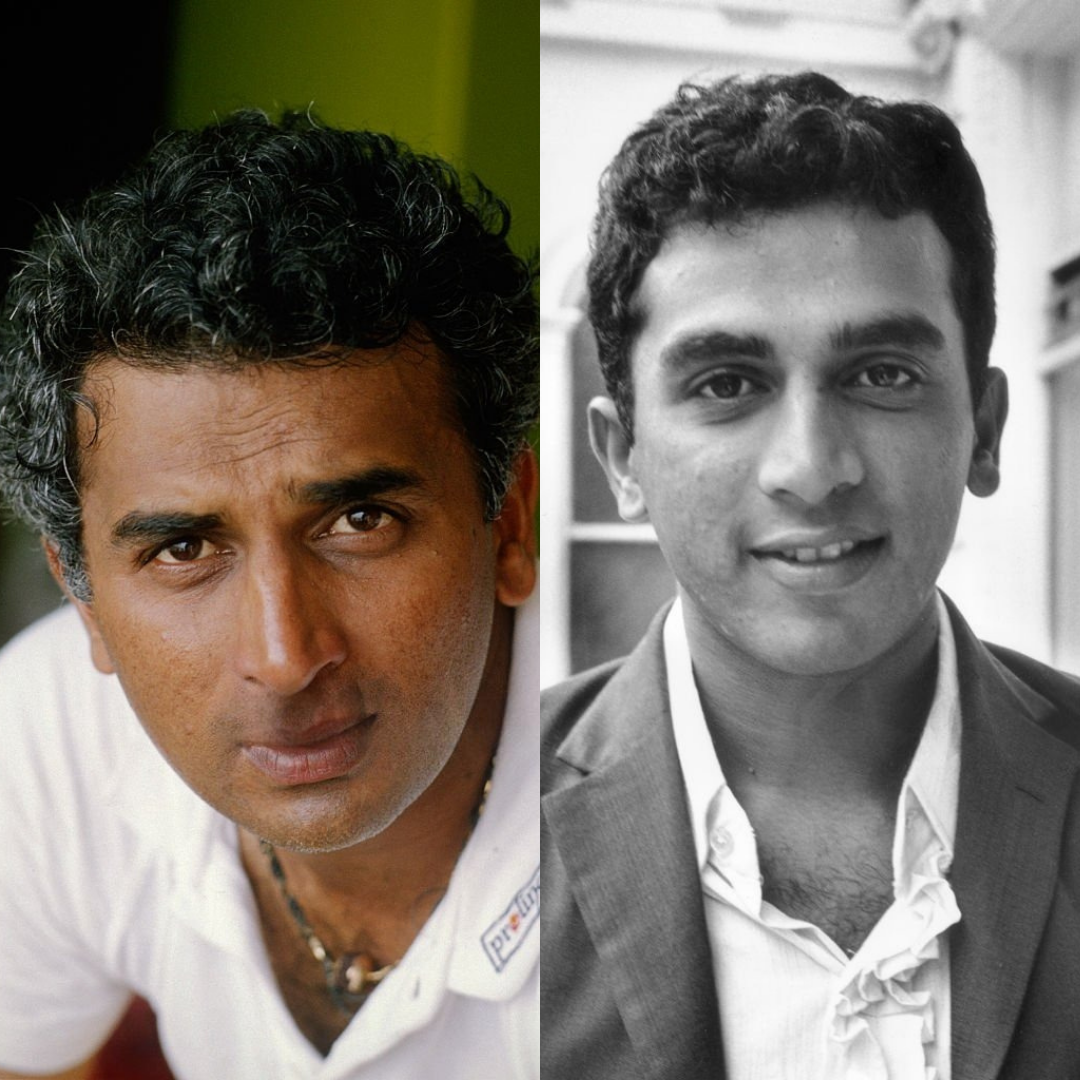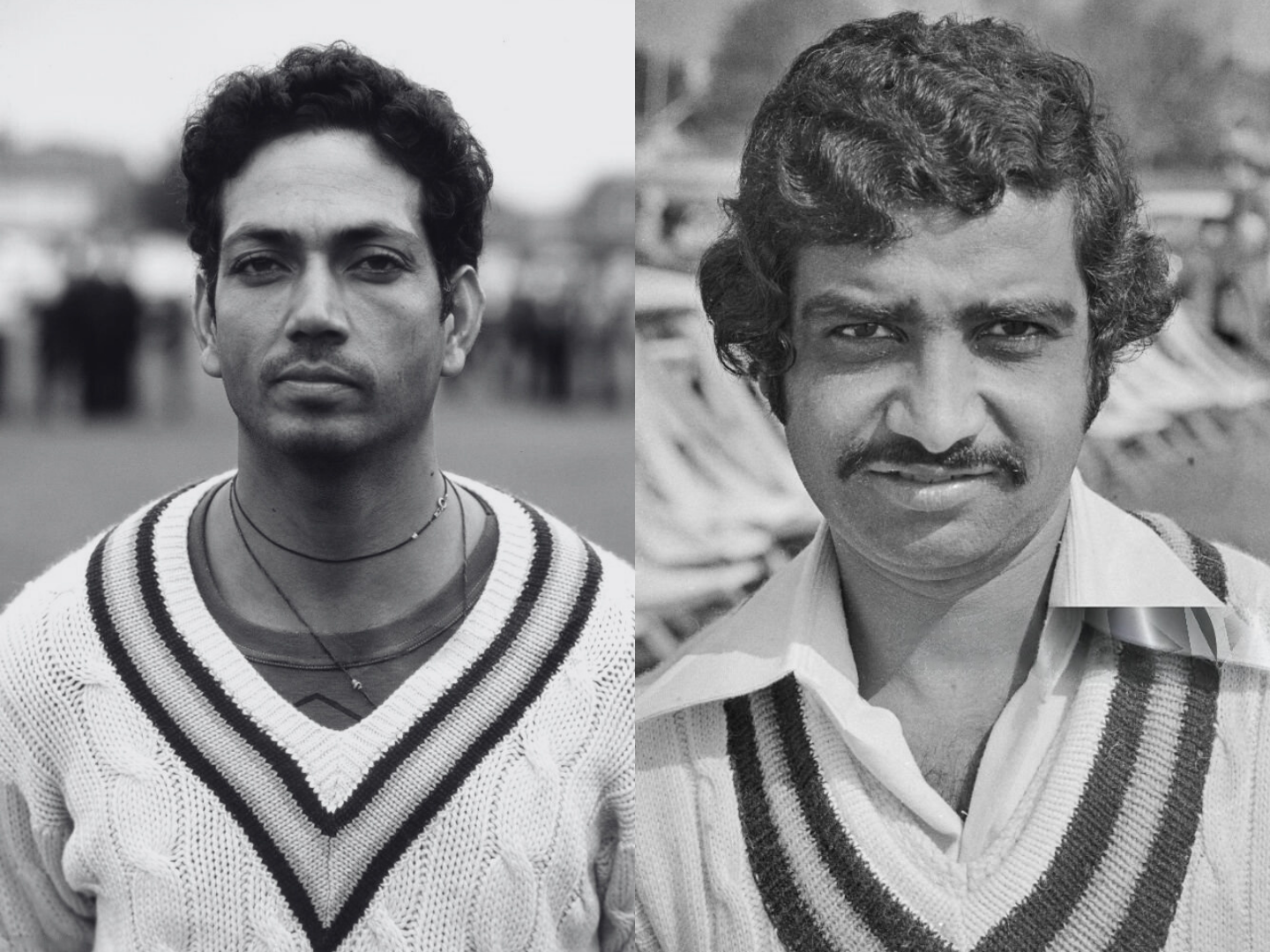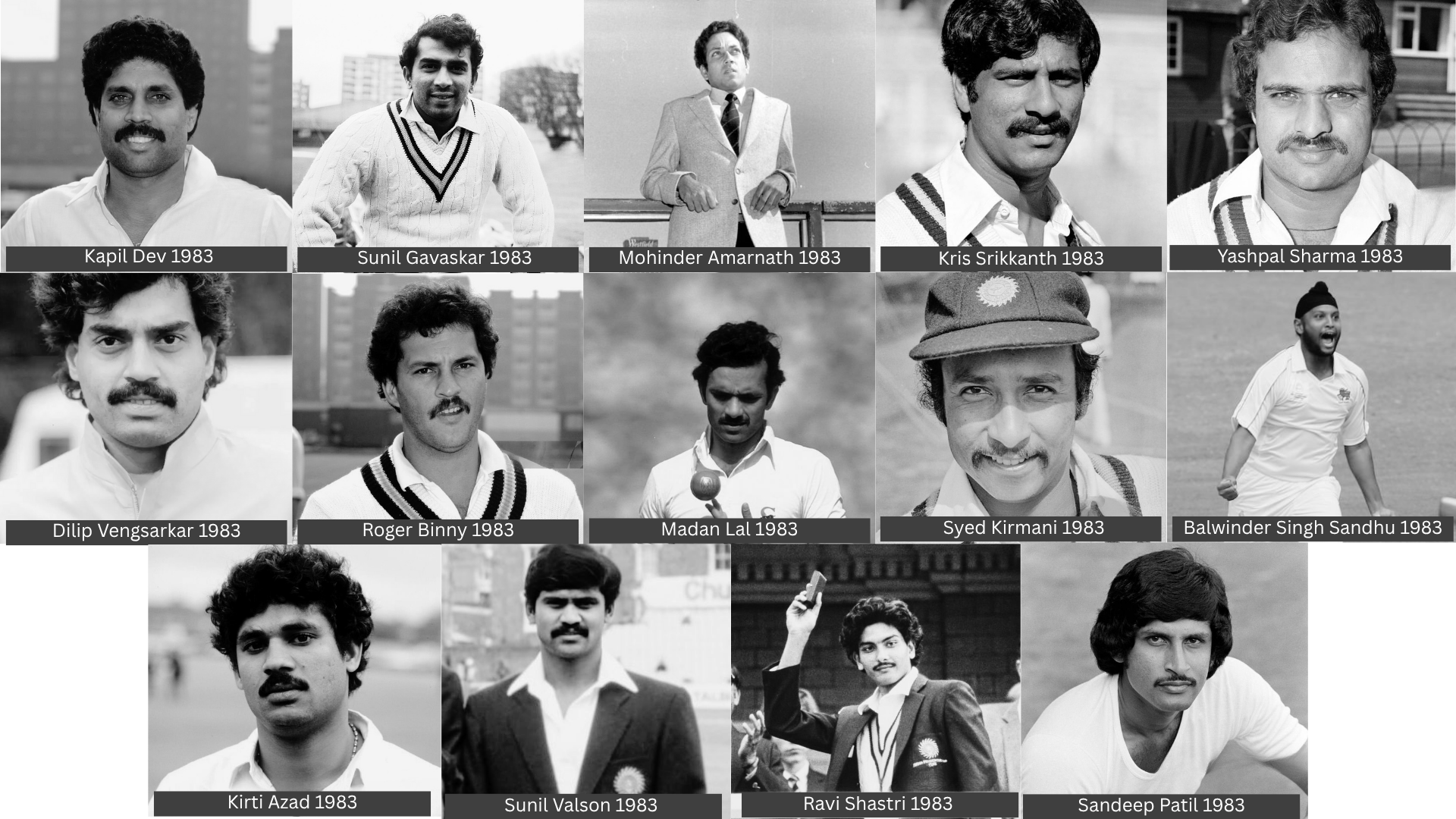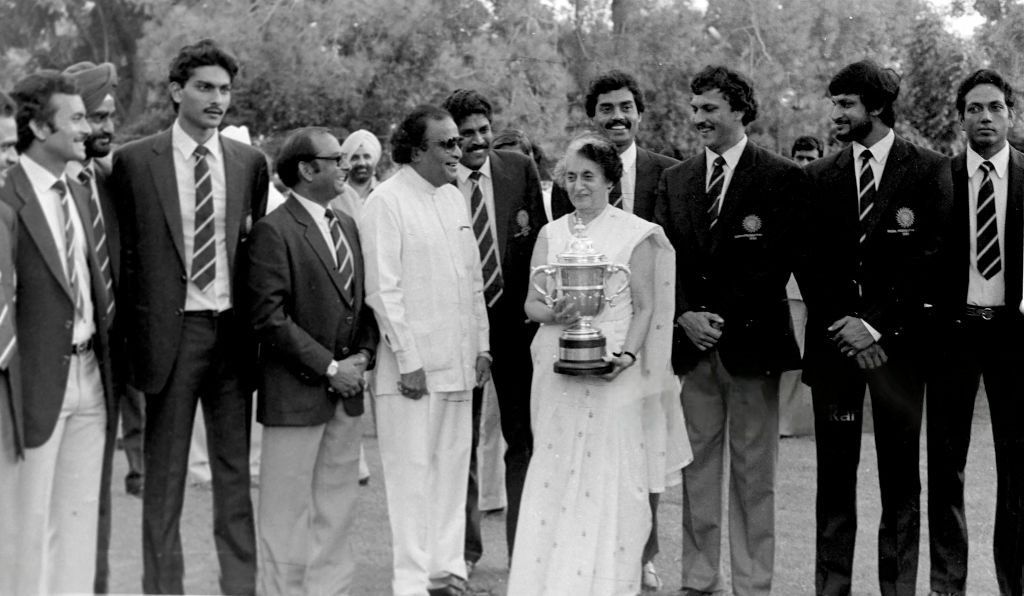

"The faster they bowl, the faster they go to the boundary." - Sunil Gavaskar
The game that was played in that era is not the game that is played in today’s world. The pitches, conditions, rules of the game, and protective gear that today’s gentlemen can easily access. Helmets were not part of cricket until 1974. The choice was between protecting your head from an injury or hitting the ball so hard that fielders would think twice before catching, but the ball was the same. With giants of West Indies bowlers coming at you with ball delivery height of more than 7 feet, and at least three deliveries would be there in an over for the batsman to play, or to be specific, to defend his life. That was the era when Indian batsmen laid the foundation for grit, patience, finesse, and the craft of batting with a defensive style but an offensive mindset, which we see in generational players like Virat Kohli.
The year 1970s is when Indian cricket was all about bravery and valor, the new kid on the block Sunil Gavaskar, was a little man walking on the pitch on his debut in 1971, who knew this boy would go on to become one of the greatest batsmen ever to grace the 22 yards of the battleground, and engrave his name in the history of world cricket.
While the era of spin was still going strong for India, the time was not bright for Indian batsmen to change the course of Indian cricket. Yet, India found its pillars in Mohinder Amarnath, Gundappa Viswanath, Dilip Vengsarkar, and Ajit Wadekar. Later, Kapil Dev took over the Battalion of Legends and changed the game forever.

In frame: Sunil Gavaskar
Sunil Gavaskar, the man who redefined the entire game of Indian batting style, came in as an opener, playing fiercely and boldly facing the bouncers like a king. Gavaskar was not just aggressive; he was patient too. He stood for hours taking up those deliveries on his body, like a mountain in the middle of the ocean. One of the knocks that stood out from the rest came in 1971, where 21-year-old Gavaskar scored 124 runs in the first innings against West Indies in Port of Spain and 220 in 2nd innings. He is the only Indian to have achieved this feat in a single test to date.

In frame: Mohinder Amarnath & Gundappa Vishwanath (Left to right)
The time from the 1970s to the 1980s saw so many memorable and outstanding performances from the bat of an Indian batsman, whether it's Gundappa Vishwanathan’s unhinged 97 against the fiery West Indies bowling attack, standing tall and mighty in front of Andy Roberts, Clive Lloyd. Mohinder Amarnath’s career-defining innings against Pakistan in 1982-83, playing on their soil, facing the likes of Imran Khan, Sarfaraz Nawaz. This era of Indian Cricket did not just change the face of cricket that we see today, it changed the entire dynamics of mentality in every indian, shifting the defensive mentality into a highly offensive one.

Then came the year 1983, by now every Indian knows the heroics of Kapil Dev, his courage to go out in the press and declare that India is not here just to participate in the 1983 World Cup, they are here to win with not so good communication skill he achieved to showcase his charisma all around the conferrece! Group stage, against Zimbabwe, India scored 17 for 5 wickets down, then the captain came and scored 175*(138), India won the match by 31 runs. Going into the finals eventually, India’s dream to win its first World Cup was within reach. The date is 25th June, the favourites, or shall we say the invincible West Indies, were looking strong with a bowling unit attack, with legends in form like Andy Roberts, Malcolm Marshall, Michael Holding, and Joel Garner. India batted first and were bowled out for 183. The World Cup trophy was well within reach of the Windies, but we were not going home without a fight. Windies were looking sharp with their bats, starting with Sir Vivian Richards with a very well-planned strategy, but one spell of Madan Lal changed the game for the entire nation. Madan Lal came back to bowl once again after giving 3 boundaries to Sir Viv Richards, caught out by Kapil Dev, triggering the collapse of the Windies batting lineup. India won its first World Cup by 43 runs. Mohinder Amarnath was awarded Man of the Match for his crucial contribution of 26 runs with the bat and 3/12 with the ball, announcing to the World as an ultimate all-rounder.
Nobody believed that India would even surpass the group stage before the World Cup; our history in the previous two World Cups made us believe too, having won 1 match each in both World Cups. But one man believed in the dream to win it all, and guess what, one man’s belief made the entire nation believe in him with wholehearted pride.

India moved on from the World Cup pretty quickly, with many legends retiring in the late 1980s. Sunil Gavaskar played his final innings of his beautiful career in 1987 against Pakistan. It was inevitable that Indian cricket needed new heroes for its glory and for its bright future. Then came another little master blaster, blowing off our socks with each hit and gaining our belief back in the game, AND THE REST IS HISTORY!
Keep following us for more stories like this!
- Sameep